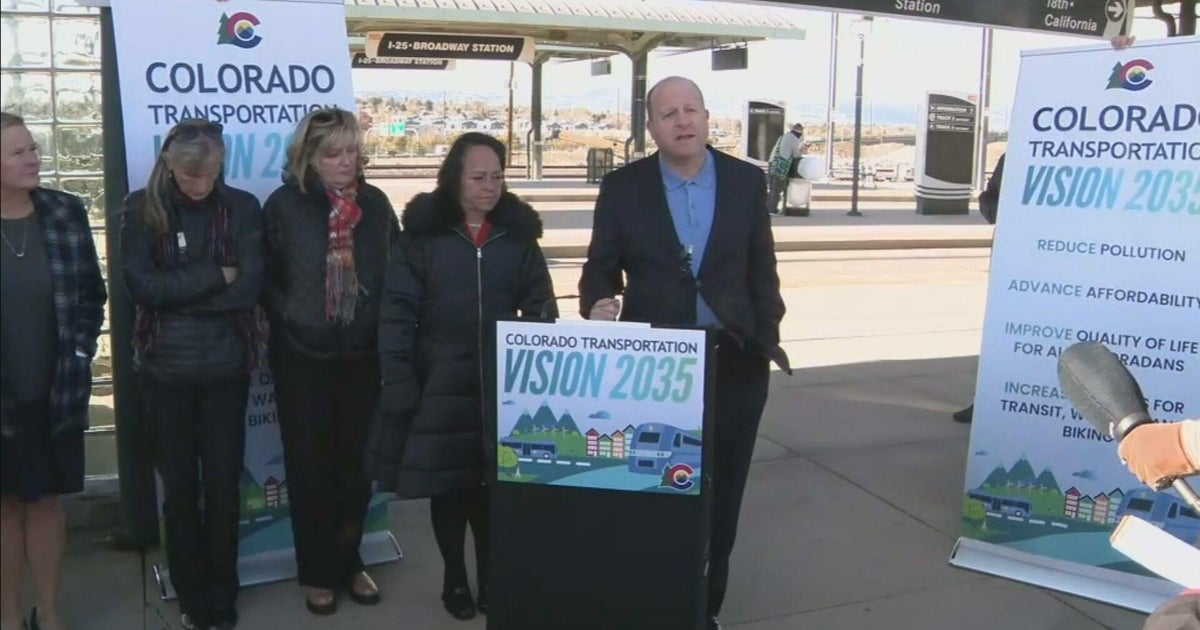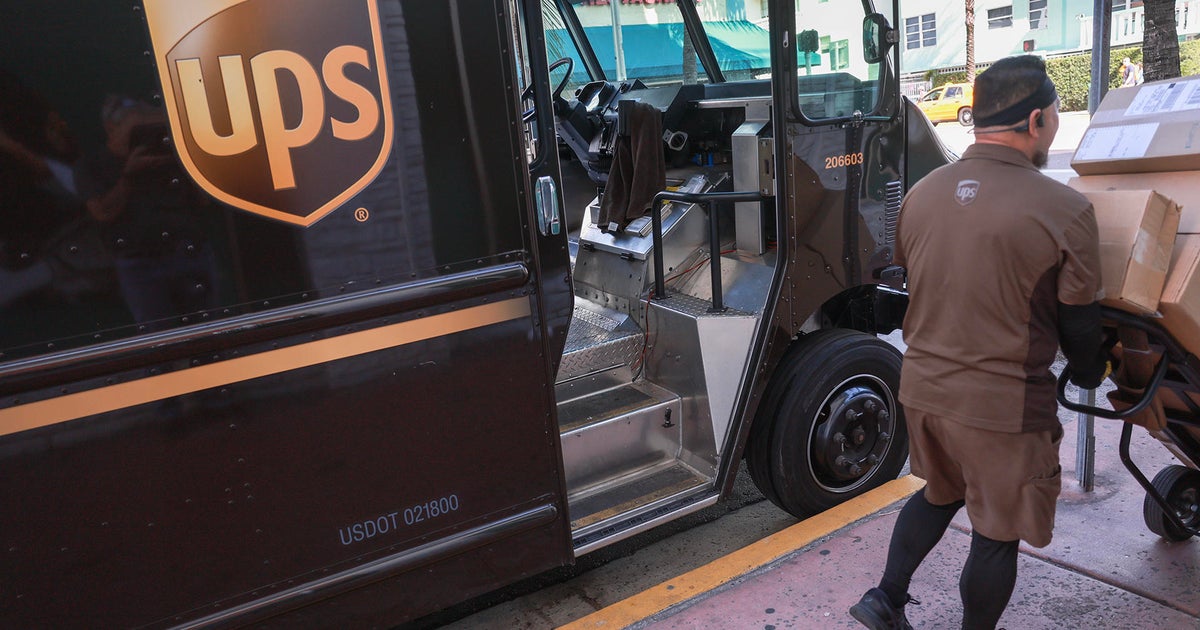Castle Rock voters will be asked to approve sales tax increase for police and fire
The town of Castle Rock says the current sales tax rate isn't keeping up with the demand for police and fire services as the community grows.
In 2012, around 50,000 people lived in Castle Rock. Today, it has more than 86,000 residents. The town's sales tax rate has stayed at 4% since 2011. The current sales tax rate for purchases made in Castle Rock is 7.9% -- 4% town, 2.9% state and 1.0% Douglas County.
In 2021, voters rejected a "new housing construction tax" to fund hiring 75 fire and police personnel. Now, the town is trying again. They're asking voters to approve a $3.75 million tax increase, adjusting the effective tax rate from 4% to 4.2%. On their November ballot, Castle Rock residents will see Measure 2A, a 0.2 percent sales tax increase to benefit police and fire.
Castle Rock's first responders are busy.
"We have been stretched thin as the community's grown," Castle Rock Fire Chief Norris Croom said.
Croom says his firefighters are working longer hours, and taking longer to respond to calls.
"We have 18 minutes a day where we don't have a medic unit available because they are committed to calls," Croom said.
If approved, the sales tax increase would fund the hiring of 22 police officers and 18 fire personnel over the next five years. For fire, that would mean staffing a new fire station, and adding a fourth ambulance. For police, it would mean more patrol, traffic and school resource officers. Eleven of the 22 new police positions could be hired in 2025.
"As our community has grown from 50,000 to 86,000 and as we head towards 100,000, we will see more complex types of calls for service," Castle Rock Police Chief Jack Cauley said.
The department wants to maintain a ratio of 1.1 police officers per thousand residents, which they say is the lowest in the metro area.
"If we had the same ratio as, let's say, Parker, Colorado, we would have to add 22 officers tomorrow to get that same ratio. So really, we're just wanting to stay where we are," Cauley said. "We just want to continue that same level of safety for our residents."
CBS Colorado was not able to find organized opposition to the measure, but some residents have expressed concerns online about increasing taxes.
"People have had high property taxes; things are expensive these days. Are you worried that some community members don't want to approve a sales tax increase right now?" CBS Colorado's Olivia Young asked Croom.
"The 0.2 percent is 20 cents on $100, and so we believe that that amount is pretty negligible when we consider that 60% of the people who shop in town and spend money are not from Castle Rock, so this is spreading the wealth not only between our residents but also our visitors," Croom responded.
"Overall I think I do support it," said Aaron Hainer, a 9-year Castle Rock resident. "No one loves spending money, but I think we do have to spend money, and we're putting it into a good cause. It's for people to protect us and protect our homes and families."
"A cup of coffee a month or whatever to make sure our firefighters are safe and public service can respond is great," said Cameron Trussell, a 2-year Castle Rock resident.
Ballots will be mailed to registered Castle Rock voters in mid-October and must be returned by mail or placed in a ballot drop box no later than 7 p.m. Tuesday, Nov. 5.
The proposed tax increase would contribute $4.3 million to the new positions, with the town adding $3.2 million from spending cuts.
"It doesn't fill all the positions that we need, but it keeps us at least at a level where we can maintain our current level of service," Croom said.





